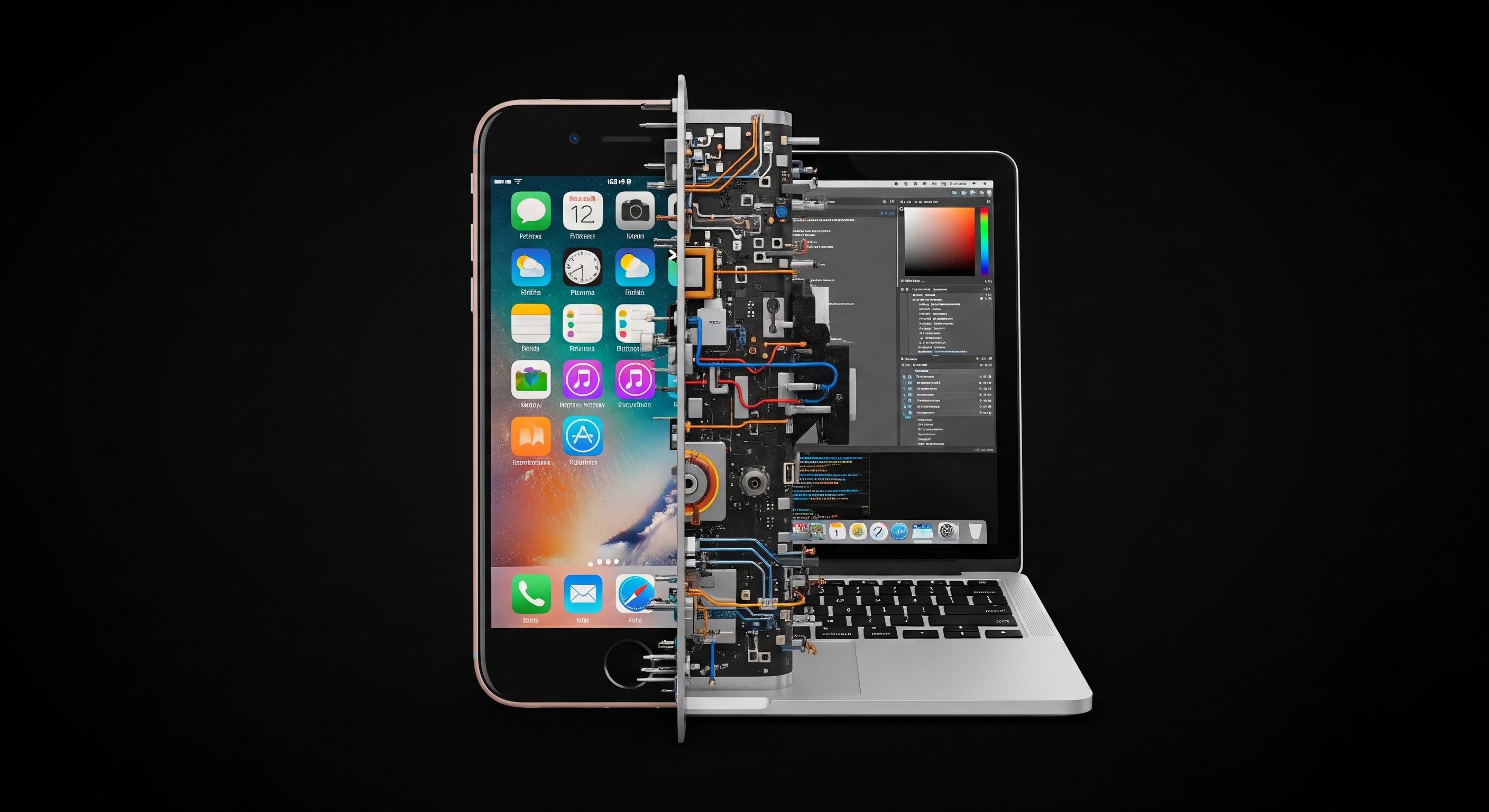Prophets sound like nut jobs when they give their prophecies. I guess that’s the only way it can work—if it were obvious, it wouldn’t need prophecy.
I wonder if we’re going to look back at this period in time and wonder why we didn’t take the prophets seriously.
So many scientists and thinkers have risked their reputations to warn us that AI, as it’s currently progressing, could take over the world or even turn against humans.
Yoshua Bengio sounds alarm
The latest person to sound the trumpet is artificial intelligence pioneer Yoshua Bengio. Before we get to his warnings, you need to know who’s talking.
Toshiba Bengio is a professor at the University of Montreal and head of the Montreal Institute for Learning Algorithms. He has won multiple awards for his work in deep learning (a subset of AI).
Bengio warns that current AI training methods could lead to systems that turn against humans, emphasizing the need for research and safety measures.
He highlights the risk of power concentration in AI development, where only a few organizations and governments can afford to build advanced AI systems, potentially destabilizing markets and democracies.
Bengio says: Intelligence gives power. So who’s going to control that power?
It’s definitely not going to be you or me. Bengio continues: Having systems that know more than most people can be dangerous in the wrong hands and create more instability at a geopolitical level, for example, or terrorism.
Tinfoil hat worthy?
It may sound like tinfoil chatter, but we are seeing the reality that only a few organizations from a handful of countries have advanced AI systems.
What’s scary about this is that some influential people in these organizations have long complained that the world is overpopulated.
Bengio warns that some powerful people may want to see humanity replaced with machines. I don’t doubt there are people with those sentiments.
He advocates for government regulations requiring companies to register powerful AI systems, ensuring transparency and accountability in AI development.
Bengio warns of a potential concentration of economic, political, and military power, which could harm markets, democracy, and global stability.
He says these risks may materialize within decades, but if they arise in just five years, we are unprepared to ensure these systems won’t harm or turn against humanity. Urgent study and mitigation are needed.
He also poses a question we don’t take enough time to answer:
It’s really important to project ourselves into the future where we have machines that are as smart as us on many counts, and what would that mean for society?
What are the implications of creating entities smarter than humans? We don’t really know.
As a result, Bengio wants to see more research and proactive measures to mitigate risks.
A world molded by nerds and geeks
We have lived in a world shaped by soldiers. Those with the means to take power by force have always been in power.
However, technological advancements have led to a position where four-eyed fellas with the athleticism of a rock, who couldn’t wield a sword unless it’s to cosplay as Deadpool, are in charge.
What kind of world will they inflict on us? We don’t really know. However, I’m a bit unsettled.
I’m neither a nerd nor a geek—nerd-adjacent at worst—but even I am more comfortable with machines than people.
When people complain that technology has reduced human interaction, I don’t really understand why that’s a problem. That’s one of tech’s best attributes: the reduction of unnecessary human interaction.
So, I wonder what the geeks who are even more antisocial than I am have in store for us. We shall see if Bengio’s warnings ring true.
If the worst comes to the worst and humanity becomes a power source for the machines like in The Matrix, hopefully, we won’t be alive to live through that. Our kids can deal with that—we’ll have to raise them strong.
Bengio says if we stay on the path we’re on, especially how we train AI systems, it “would lead to systems that turn against humans.”
“In addition, there are people who might want to abuse that power, and there are people who might be happy to see humanity replaced by machines. I mean, it’s a fringe, but these people can have a lot of power, and they can do it unless we put the right guardrails right now.”












